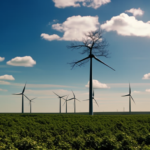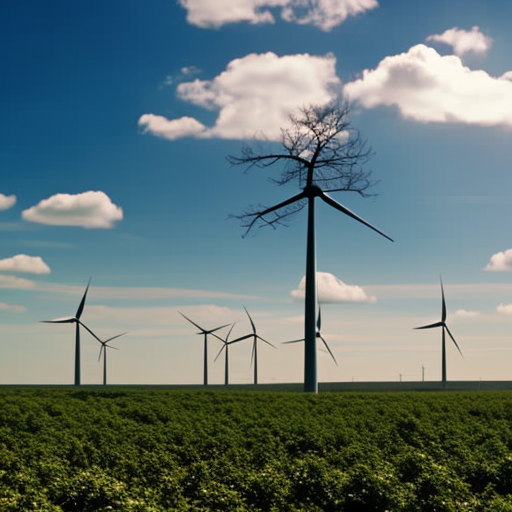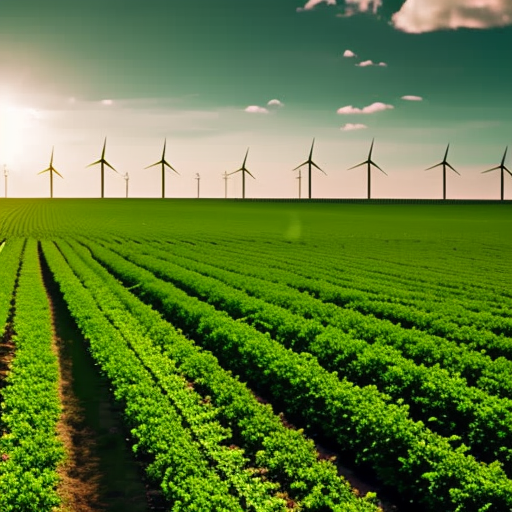Conservation of resources focuses on sustainable practices to protect and preserve natural resources for future generations.
Carbon Neutrality Explained
Carbon neutrality refers to the state of achieving a balance between carbon emissions and carbon removal from the atmosphere, ultimately mitigating climate change.
Renewable Energy Sources Explained
Renewable energy sources are sustainable alternatives to fossil fuels that harness natural resources such as sunlight, wind, and water to generate clean and environmentally friendly power.
Circular Economy Explained
Circular economy is an economic system that aims to minimize waste and maximize resource efficiency by promoting recycling, reusing, and reducing consumption.
Nanocatalysis Explained
Nanocatalysis is the study and application of catalysts at the nanoscale, enabling more efficient and sustainable chemical reactions.
Photovoltaic Effects Explained
Photovoltaic effects refer to the generation of electric current when certain materials are exposed to light.
Climate Change Explained
Climate change refers to long-term shifts in temperature and weather patterns caused by human activities, primarily the burning of fossil fuels and deforestation, leading to detrimental impacts on ecosystems and human societies.
Renewable Energy Explained
Renewable energy refers to sustainable sources of power that can be replenished naturally, such as solar, wind, hydro, and geothermal energy.
Global Warming Explained
Global warming refers to the long-term increase in Earth’s average surface temperature due to human activities, primarily the emission of greenhouse gases.
Elon Musk: Tesla, SpaceX, and the Quest for a Fantastic Future Summary
An in-depth exploration of Elon Musk’s life and ventures, showcasing his relentless pursuit of innovation and his vision for a remarkable future.
Energy Storage Technology Explained
Energy storage technology refers to the development and implementation of efficient methods to store and release energy for various applications.
Sustainable Farming Explained
Sustainable farming focuses on environmentally-friendly practices to ensure long-term food production while minimizing negative impacts on the planet.




















